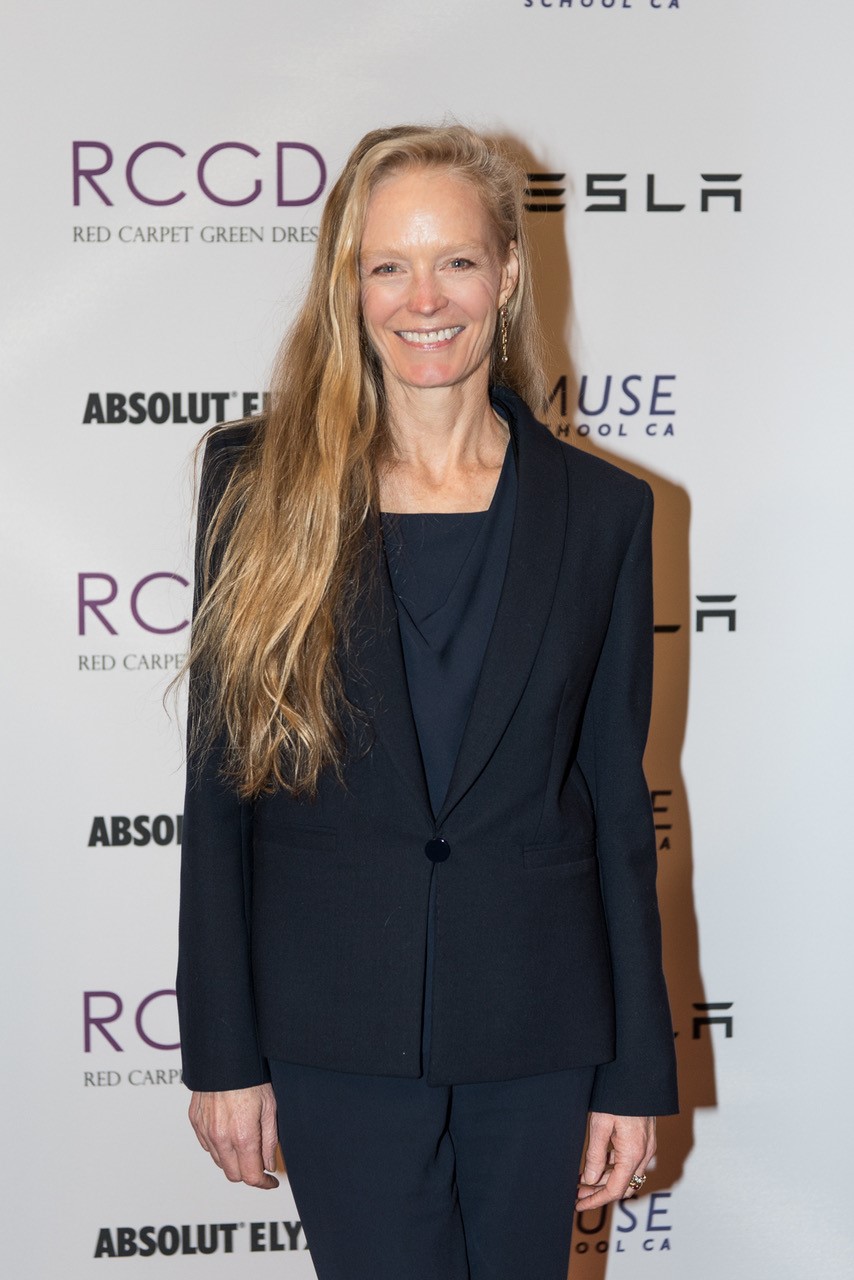
"In 2009, I launched Red Carpet Green Dress (RCGD Global), a global sustainable fashion campaign that would forever change the way we looked at the red carpet.
My commitment to caring for our wild, living Earth was translated into a movement that brought eco-consciousness to the forefront of the fashion world and demonstrated that elegance and ethics could coexist. RCGD Global was not content with adhering to existing standards; it sought to redefine them. And so, the time has come to evolve from Red Carpet Green Dress into Inside Out Sustainable Fashion, Textiles, and Home.
I will continue to lead Inside Out Sustainable Fashion, Textiles, and Home, supported by a dedicated global team of changemakers. Together, we will work tirelessly to bring innovative, sustainable solutions to the forefront of our daily choices. This evolution is not just a change in name; it's a change in perspective, a shift towards a future where 'inside out' living is the norm, where every decision we make is an act of love for ourselves, others and our planet.
It's a realization that the principles and values that fueled RCGD Global can be applied not only to fashion but to every aspect of our lives. Inside Out represents the next chapter in our journey, a chapter that promises to be even more transformative, impactful, and inspiring.
More to be revealed in Spring 2024.
See you soon, Suzy Amis Cameron"
